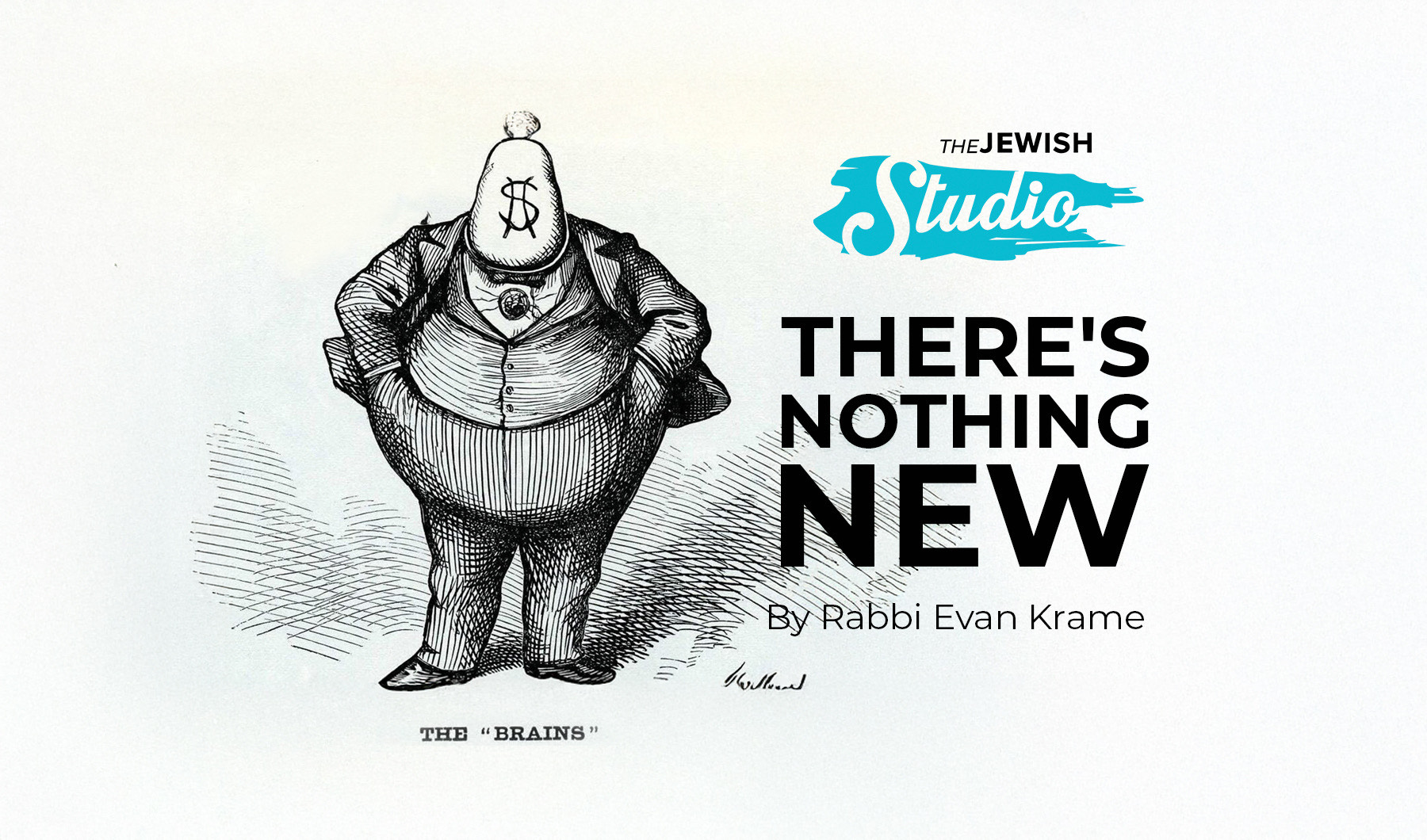New corporations like Uber and Air BnB remind us that the essential factor for an economy to exist is trust. Not capital, not skills, but trust. Certainly, the sharing economy doesn’t work without buyers trusting service providers. This week’s Torah portion, Chaye Sarah, demonstrates how trust is not only a necessary element of economic transactions but also an expression of Godliness.
After Sarah dies, Abraham turns to the neighboring Hittites to purchase the cave of Machpelah for Sarah’s burial. Ephron the Hittite owns the cave. Before a crowd of Hittites, Abraham seeks out Ephron to make the purchase. Ephron offers him the cave as a gift. Abraham insists on paying. Ephron agrees to the arrangement. Why does Abraham insist on paying? Perhaps he doesn’t trust that a gift of land will result in a lasting transfer. Rather, a purchase witnessed by a crowd creates sufficient trust that guarantees the acquisition in perpetuity. Why wouldn’t Abraham have trust in his neighbor, Ephron the Hittite? Perhaps, the element of tribalism, that characteristic of people to identify with a group and demonize the other, has contributed to Abraham’s doubt. With the story’s emphasis on Hittites, tribalism is a factor in establishing trust.
Tribal affiliation remains a factor in creating trust. Jews trusted Jews in economic transactions but sometimes lacked trust in their “gentile” neighbors. Now, Jews living as white people in the United States generally trust almost anyone of another ethnicity in an economic transaction. Perhaps not completely. Might you resist being the client of an Indian doctor? Would you hesitate to purchase from a Muslim vendor?
The new “sharing economy” exposes again the issue of trust. An Uber driver summoned on your smart phone takes you to the airport. A couple in California offers their home for your vacation through Air Bnb. We rely on YELP, Trip Advisor and social media to provide information with reviews on line. We entrust our safe travel and our vacations to people we have never met and whose offerings are lightly regulated.
Yet, tribalism remains a factor. To the positive, young African Americans who have had trouble hailing a cab can use Uber as the ride is summoned without references that indicate race. On the other hand, Air BnB allows for prescreening by the homeowners through an application process that requires personal information and sometimes a photo. Accordingly discrimination occurs in the Air Bnb marketplace. Some African Americans have perceived discrimination in Air BnB transactions. Trust seems to have its limits when it comes to race.
Our currency says in God we trust. Where is God in economic transactions besides on our coinage? Perhaps we can find Godliness in a nation where people of totally different backgrounds, religions, or races who have never met can entrust one another to drive us to the airport or rent us their home. Concurrently, there is a lack of Godliness when people suffer because of prejudice.
Where do you place your trust when procuring services? What factors limit your trust in others? Can you imagine a world that is built on trust because all people aspire to Godliness even in economic transactions?
Rabbi Evan J. Krame





